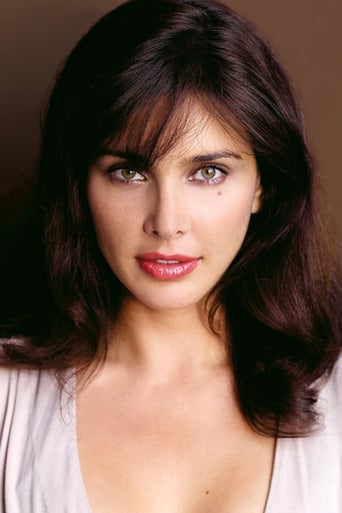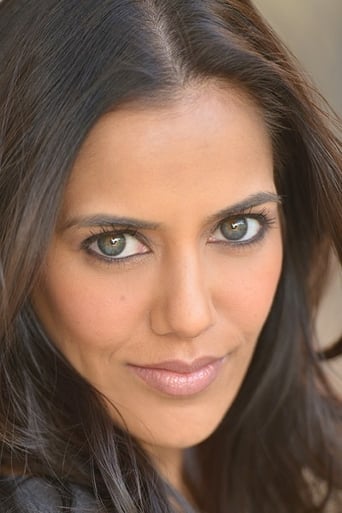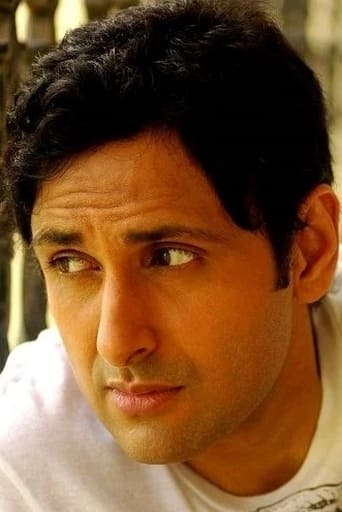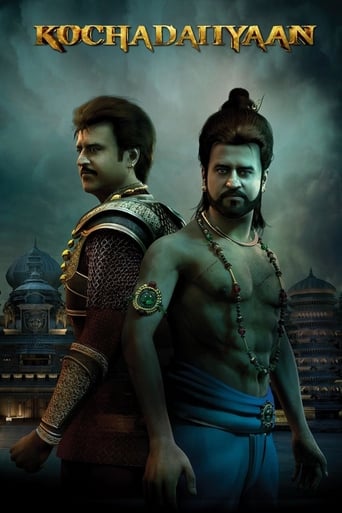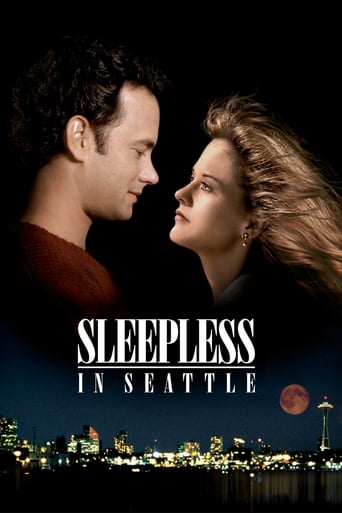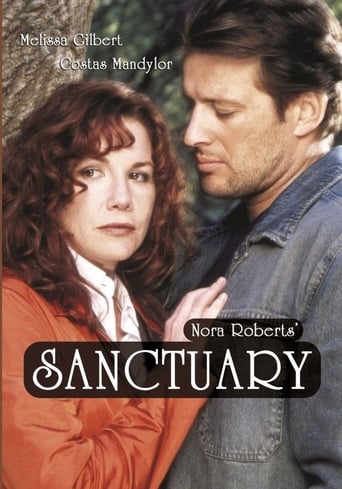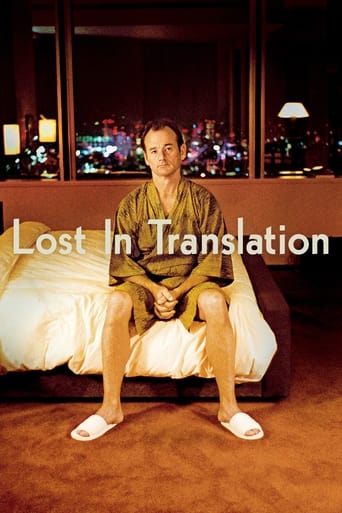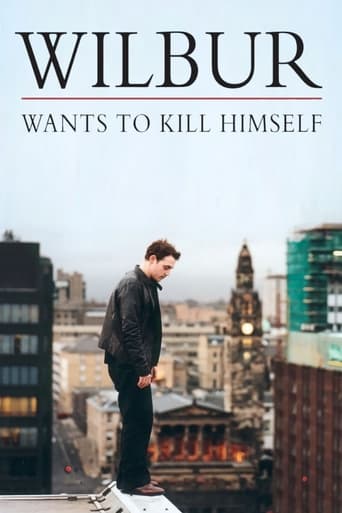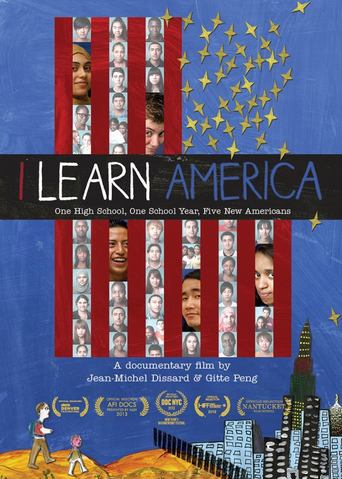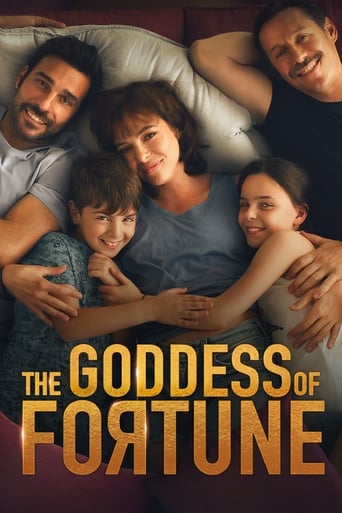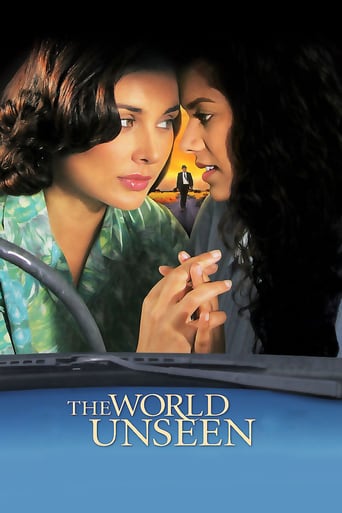

The World Unseen (2007)
A drama centered on two women who engage in a dangerous relationship during South Africa's apartheid era.
Watch Trailer
Cast
Similar titles
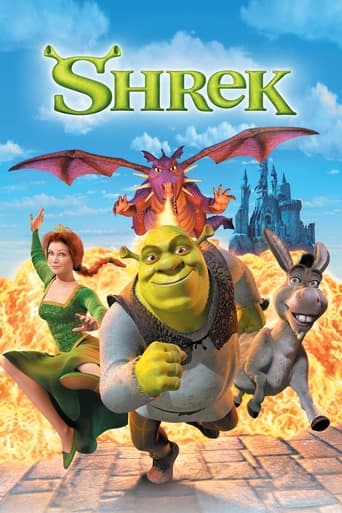
Reviews
Too much of everything
Don't listen to the negative reviews
Beautiful, moving film.
There's no way I can possibly love it entirely but I just think its ridiculously bad, but enjoyable at the same time.
The film is settled in 1950s South Africa while black people are persecuted by the white ones. Amina is a free and independent woman who runs a café' together with a coloured friend who is barred from owning any kind of business because of the colour of his skin. For this reason the girl is always on the front line helping persecuted people, and hiding them from the police. Instead Miriam is a wife with two children and an husband, Omar, whose sister married a white guy against the law that forbid mixed marriage. This is an absorbing history that handles different social pathologies. At the same time it talks about an unexpected love story that relieves from the pressure of the apartheid, theme that is the common thread of all the stories told.
If someone has already watched a Shamim Sarif's movie, he could see many differences. They are the result of director's evolution in movie techniques. The color of scene is so vibrant, the dialogue is deeper and the end is something that you can't imagine. What is still the same is her passion for the historical background: South Africa at the beginning of Apartheid era. From the story you can do many reflections: first of all about the racism not only between black and white, but also between mulatto and black. There is another important theme: the homosexuality, a relevant issue in the contemporary society, which it is still considered a taboo. This film is very nice, it is better to watch alone. tin this movie the actress are also more mature in they way they act than in the previous one.
This simply could not be any worthier: the chief keywords here being South Africa; apartheid; multiculturalism. And lesbians. A richly textured 12-part epic might be constructed around that tidy grouping, but author Shamim Sarif gave us a single award-winning novel instead, based on her grandmother's recollections of 1950s Cape Town. Less agreeably, and most unusually for a writer, she has also been given free hand to script and direct her own movie adaptation. Really bad move.Fiercely independent Amina (played by the Indian-American Sheetal Sheth) literally wears the trousers as owner of a Cape Town café in 1952. She's always getting into trouble with the police for serving "blecks". She's also something of a pariah within her own prejudiced immigrant community for speaking out against the subjugation of women. One day her counterpart turns up. Miriam (Indian-Canadian Lisa Ray) is a subservient housewife, mother and shopkeeper, married to racist, chauvinist pig Omar (Parvin Dabas), who in turn is having an affair with his sister-in-law Farah (Natalie Becker) under poor Miriam's nose. Amira is smitten. The lady's ripe for turning. But will she ever persuade Miriam to shrug off her shackles and find true love? Never mind the world, this will probably end up a film unseen for the most part, but that doesn't automatically make it some kind of ghettoised gem. Like Sarif's other lesbian drama I Can't Think Straight (also featuring Sheth and Ray) this is queer cinema by default only, too mimsy and soapy a concoction to be regarded as anything other than a daytime TV movie.If the direction is flatter than a chapatti, the performances are mostly amateur hour, with cringeworthy dialogue clamouring to be heard above an hysterical din of a score; tremulous strings and fussily tinkling pianos drowning each and every soft focus scene in caramelised gloop. It's certainly a huge letdown after opening the film with Nina Simone's gorgeous rendition of 'I Wish I Knew How It Would Feel To Be Free' - all-purpose protest song and knowing shout-out to the singer's significant gay fan base.The leading ladies frantically bat their lashes at one another, but with so little chemistry between them they'd produce more sparks trying to light a cigarette with a dodgy disposable. Miriam's sexual awakening during a driving lesson is also unconvincing. "You didn't come to give me a driving lesson, did you?" Miriam hotly accuses Amina. "So why did you come?" This exchange, after they've already snogged.Most damagingly, for a film set during an era when flouting racial and gender conventions could land you on Robben Island for years, there is absolutely zero sense of danger. It's as if Sarif is so confident audiences are already up to speed with the politics (or with her novel), that she hasn't bothered with the important stuff: atmospherics, a feel for the time and place.The real drama, it seems, is going on elsewhere: a subplot involving the café's mixed-race, middle-aged co-owner Jacob (David Dennis) secretly romancing Madeleine (Grethe Fox), a white postmistress. But largely, what we're left with is a pair of total babes brushing lips. The only threat for this glamorous pair would appear to be smudged cosmetics.
I just saw this film at the London Film Festival. It sold out in two days and they are putting an extra screening!This film tell the touching journey of one woman trying to find the courage to be herself in an oppressive (but not overly so) marriage with a bit of help from another, wildly independent and free-spirited woman. The background is 1950s South Africa and its despicable apartheid policy. Throughout the film are stark reminders of what that meant for blacks, whites and the Indian community. No clichés here, just wonderful brush-strokes forming a charming and riveting film.
